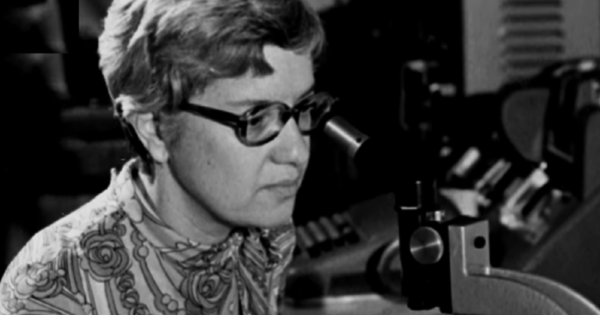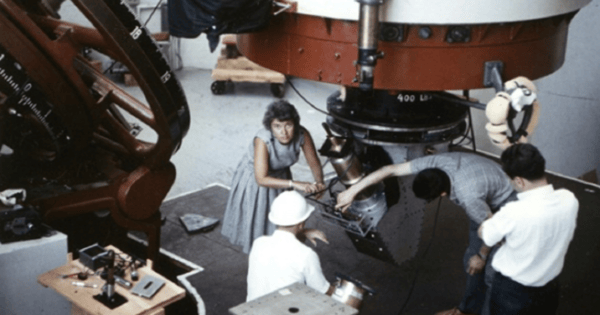A truly remarkable woman died on Christmas Day, but you’ve probably never heard of her. Vera Rubin wasn’t the kind of woman who wanted much attention. Any notice she gained was incidental to her work work as an astronomer and as far as work goes, hers left a huge impact.
Dr Rubin, 88, died of natural causes on December 25 and left behind a body of work that has greatly improved the understanding of how the universe works. She verified the existence of “dark matter” which progressed scientific understanding of how the universe is managing to expand at such a rapid rate.
Dr Rubin was the first astronomer to verify the existence of “dark matter” and the role it plays in rotation and the expansion of the universe.


